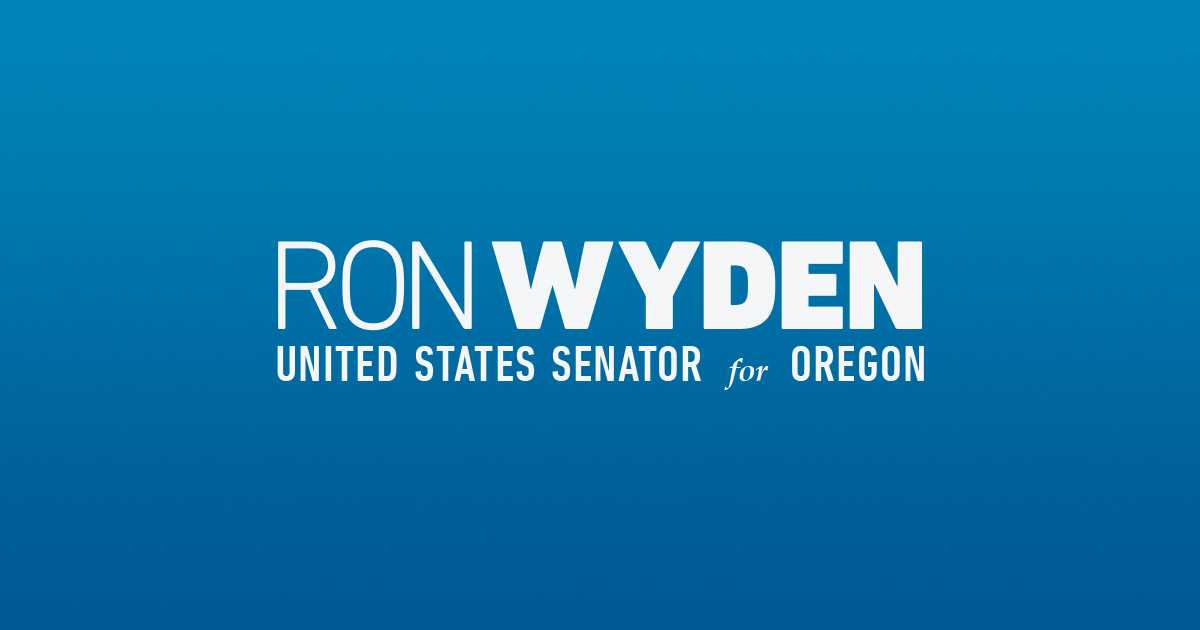Source: United States Senator Ron Wyden (D-Ore)
June 24, 2021
Washington, D.C. – Oregon’s U.S. Senators Jeff Merkley and Ron Wyden, alongside U.S. Representative Suzanne Bonamici (D-OR-01), this week urged President Biden to provide student loan borrowers with urgently needed relief by extending the current pause on payments and interest for federally held student loans.
“The suspension of payments and interest during the pandemic has provided essential relief to borrowers and their families during this economic and public health crisis,” the lawmakers wrote. “Restarting payments, however, will present a significant challenge for borrowers, loan servicers, and the Department of Education (ED), and we urge you not to let the payment pause lapse when borrowers are still depending on this financial relief. We urge you to act quickly to extend the current pause on payments and interest so that borrowers are not penalized and student debt payments do not drag down the pace of our economic recovery. Specifically, we ask that you extend the pause by at least six months—until March 31, 2022—or until the economy reaches pre-pandemic employment levels, whichever is longer.”
The lawmakers also emphasized in their letter that the coronavirus crisis hit women and communities of color especially hard—and that the same groups make up a disproportionate share of student borrowers. Black students, in particular, borrow more to attend college, borrow more often while they are in school, and have a harder time paying their debt off than their white peers. The median Black borrower still owes 95 percent of their debt twenty years after starting college, compared to only 5 percent for the median white borrower. That debt hurts individuals, families, and the entire economy.
“The scheduled resumption of student loan payments in October could create a significant drag on our economic recovery. Before the pandemic, the average student loan payment was $393 per month—a substantial part of a household budget, and money that is desperately needed for basic needs. While our federal student aid system offers several income-based repayment plans that allow struggling borrowers to lower their monthly payments, the enrollment process for these options is complex and lengthy, and student loan servicers are concerned that they will be overwhelmed by the number of borrowers who will need to navigate this process in a short period of time after a significant length of time in which they had little to no contact with borrowers,” they continued. “Following past emergency suspensions of student loans during natural disasters, increased numbers of borrowers became delinquent or defaulted on their loans. A wave of student loan defaults would cause long-term damage to borrowers’ credit and financial stability and could put a sudden and unnecessary drag on the recovering economy.”
In addition to Merkley, Wyden, and Bonamici, the letter was signed by over 60 lawmakers in the U.S. Senate and U.S. House of Representatives.
Full text of the letter is available here and follows below.
